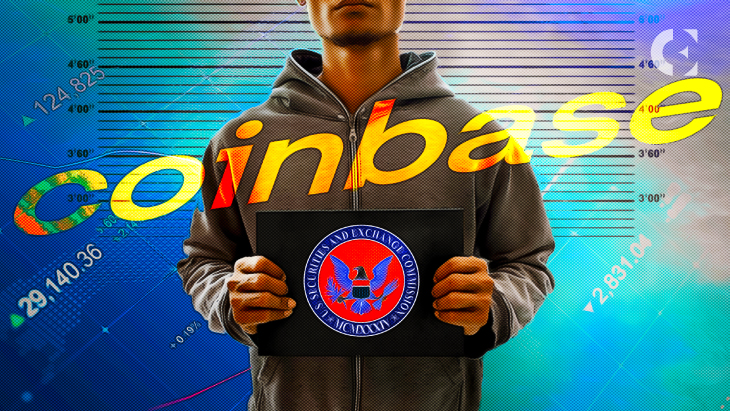- A former Coinbase product manager and his brother settled SEC charges.
- They both engaged in insider trading using confidential information.
- Settlement sparks discussions about the SEC’s approach to determining whether certain tokens qualify as securities.
Former Coinbase product manager Ishan Wahi and his brother, Nikhil Wahi, have settled charges brought against them by the U.S. Securities and Exchange Commission (SEC) for engaging in insider trading.
The SEC alleged that Ishan Wahi while working at Coinbase, coordinated the platform’s public listing announcements regarding crypto assets available for trading. Instead of keeping the information confidential, Ishan repeatedly tipped off his brother and a friend, Sameer Ramani, about the timing and content of the upcoming listings.
Armed with this inside information, Nikhil Wahi and Ramani allegedly purchased at least 25 cryptos, nine of which were tagged securities by the SEC, and sold them shortly after the announcements for a profit.
In the settlement, the Wahi brothers agreed to be permanently enjoined from violating securities laws and to pay disgorgement of ill-gotten gains plus prejudgment interest. The disgorgement and prejudgment interest will be deemed satisfied if the court approves the forfeiture of the Wahi brothers’ assets in the criminal action.
Additionally, the SEC decided not to seek civil penalties, taking into account the prison sentences imposed on the Wahi brothers.
Notably, the settlement has sparked reactions from legal experts in the crypto industry. Crypto lawyer John Deaton commented on Twitter that any asset can be marketed and sold as an investment contract, arguing against the SEC’s categorization of “crypto-asset securities.” He alleged that the U.S. regulator was pushing a false narrative.
On the other hand, Hailey Lennon, a legal analyst at Forbes, focused on the SEC’s enforcement approach. She criticized the settlements, stating that they imply specific tokens are treated as securities without the SEC having to prove it.
Disclaimer: The information presented in this article is for informational and educational purposes only. The article does not constitute financial advice or advice of any kind. Coin Edition is not responsible for any losses incurred as a result of the utilization of content, products, or services mentioned. Readers are advised to exercise caution before taking any action related to the company.









